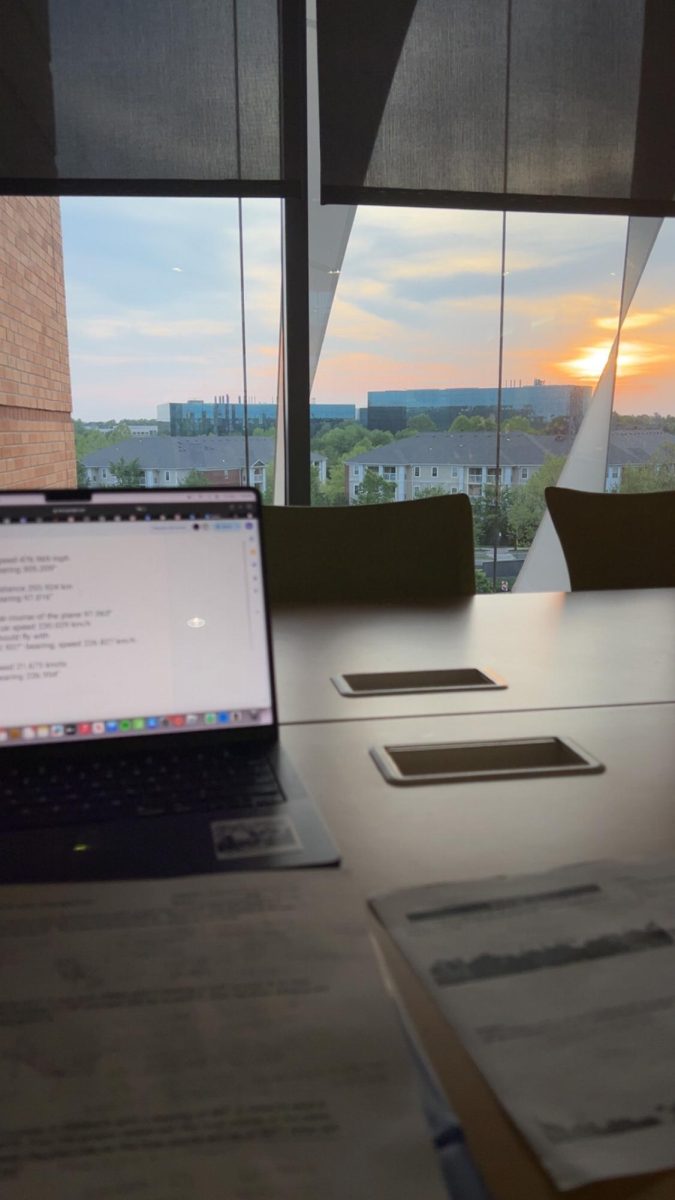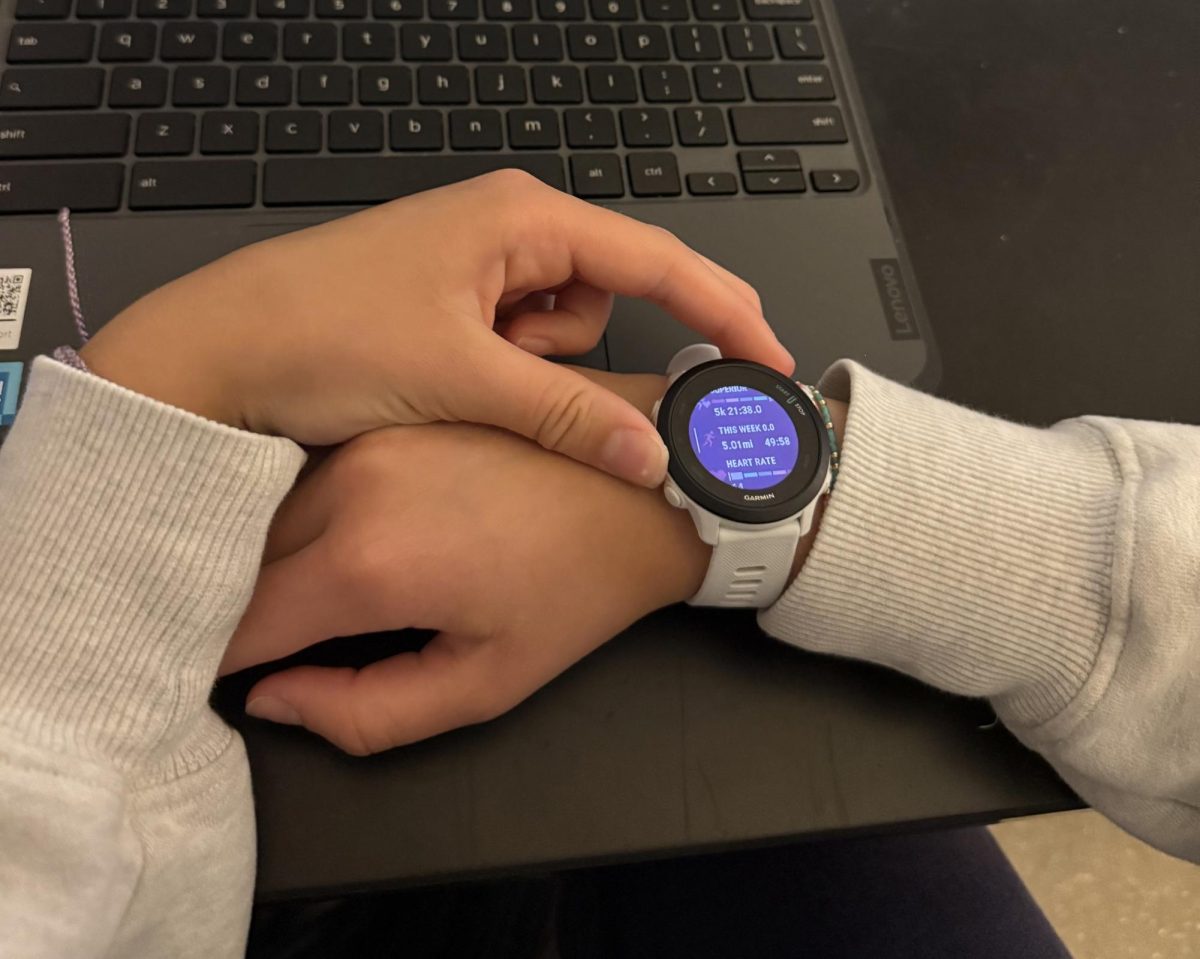You raise your hand in the middle of a lecture, a flicker of urgency in your eyes. The teacher asks a poignant question about whatever subject and calls on you expectantly, only for you to mumble, “uh…can I go to the bathroom?”
It’s a classic situation, one I’m sure most of us have encountered once or twice in our high school careers. But for a moment let’s set aside the potential embarrassment of the class’ attention being brought to your bodily functions and ask ourselves: should we really even have to ask?
Teachers employ policies surrounding bathroom procedure from sign-out sheets to phone cubbies. Some teachers insist you take a pass, while others disregard the idea of passes altogether. Every teacher’s bathroom policy is unique, with some being a lot more strict than others. By far the most common factor between these policies, with a handful of exceptions, is that students have to ask in some way before leaving the room.
On the surface, these rules serve a mundane and functional purpose within a school setting. It’s important for a teacher to keep track of their students’ locations, not just to prevent skipping but for safety reasons. As English teacher Catherine Boswell said, “Without [bathroom policies] students would abuse the bathroom. I know that sounds weird, but kids would much rather meet up with their friends in the hall than sit in class.”
Strict bathroom policies restrict students without directly addressing the problems they’re supposedly designed to solve. If a student is keen on skipping class, they’re going to do it regardless of a bathroom policy. Taking a student’s phone when they leave the room only ensures that if an emergency does occur, the student will have no way to contact teachers or loved ones. Teachers can even abuse bathroom policies themselves, using it to spite their less-than-favorite students or to punish a class as a whole. As senior Hannah Mikowski said, “specifically saying no to people who ask is unreasonable.”
A strict bathroom policy fosters resentment between students and teachers because the imbalance of a power dynamic where one party controls the other’s bodily functions is too great. Students who are preparing for college generally understand the importance of an education and won’t skip material they know they’ll need to graduate. And if they do miss material while in the bathroom, that’s their prerogative. Students are old enough to understand the consequences and it’s their responsibility to receive and retain the information gone over in class.
A teacher questioning a student’s ability to make this kind of decision is humiliating and strains the student-teacher relationship unnecessarily. Despite this, mistrusting a student’s motive is a default for educators. High school is also a place where one is scrutinized often and harshly by their peers; calling attention to a student’s bodily functions is just another opportunity for judgment. As Junior Vasilisa Berezhnaya said, “Anxiety over asking an unnecessary question shouldn’t be preventing people from using the restroom.”







